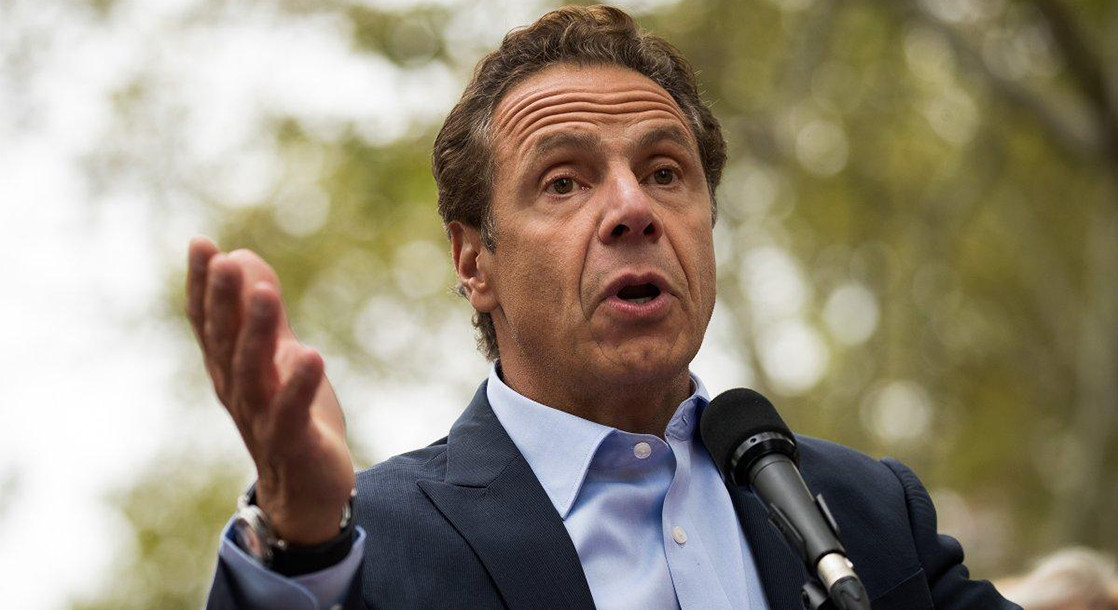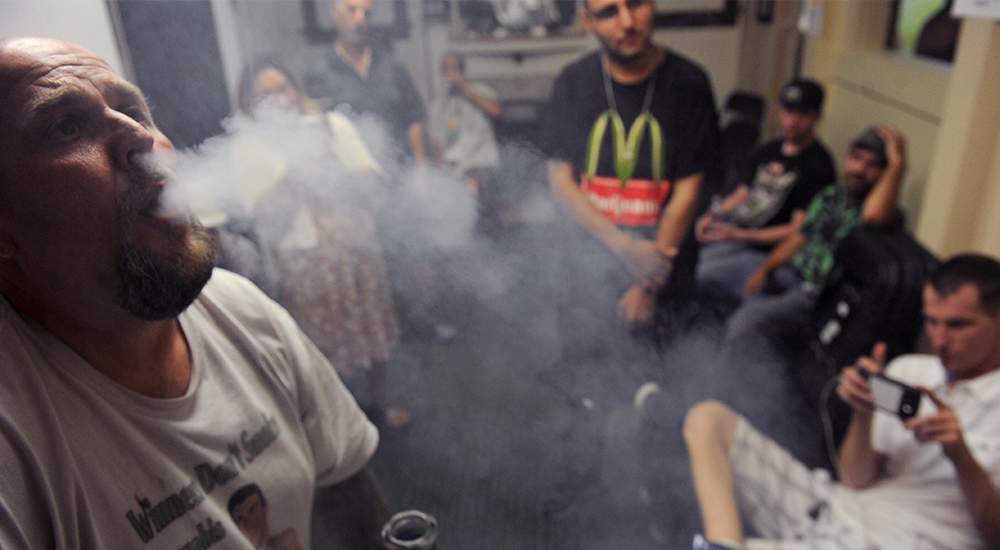While the Department of Justice continues on their tireless crusade to undermine recreational and medical cannabis legalization, much more dangerous substances are surfacing across the world. From Brooklyn to Manchester, synthetic marijuana (more popularly known as K2 or spice) has plagued the streets, leaving users in a zombie-like states, or even in the hospital. Meanwhile, opioid abuse is also rising at an alarming rate, partly due to the popularity of fentanyl.
In order to combat these highly hazardous drugs, New York Governor Andrew Cuomo is planning to propose legislation that would add various concoctions of synthetic marijuana and fentanyl to the state’s list of controlled substances. The bills would pertain to 35 types of spice and 11 types of fentanyl.
Although both substances are already illegal under federal law, the governor claims that drug producers continue to tweak their recipe in order to stay ahead of the law. Therefore, Cuomo believes that these newly proposed laws are necessary to get down to the root of this rampant issue. In fact, the legislation would give the state health commissioner the ability to add any new drugs from the federal list of controlled substances.
“They go back to the lab. They alter is slightly and now it’s a different drug…It’s a game and that’s what they’re playing,” he said.
There’s no denying that both synthetic marijuana and fentanyl have had a detrimental impact on New Yorkers. The governor’s administration has stated that fentanyl-related deaths in the state increased by 160 percent between 2015 and 2016, and 310 percent in New York City alone. Last year, 33 people in Brooklyn were hospitalized after overdosing on spice in an 11-hour period.
Outside of the proposal, Cuomo has already begun cracking down on drug manufacturers in the state. He also announced federal indictments fro three men in Suffolk County on drug trafficking and conspiracy charges after they were caught with 1,000 packets of synthetic marijuana, and the chemicals used to produce it. However, with the state Legislature not returning to action until January, the bill is unlikely to pass until 2018.











